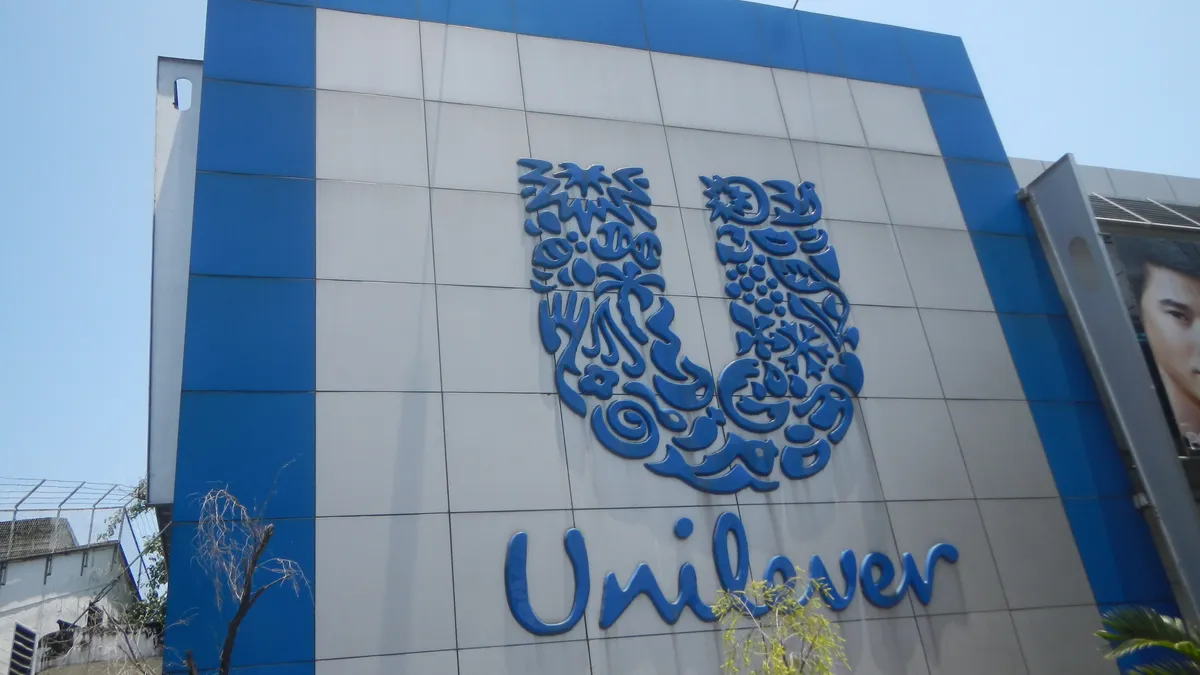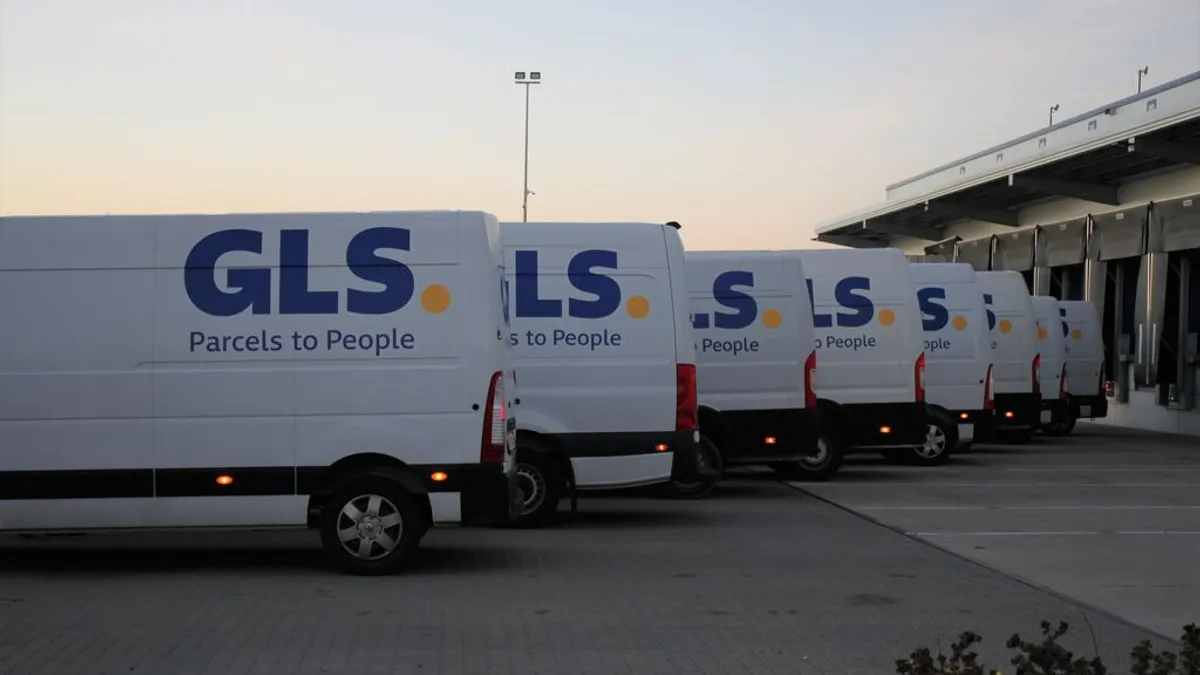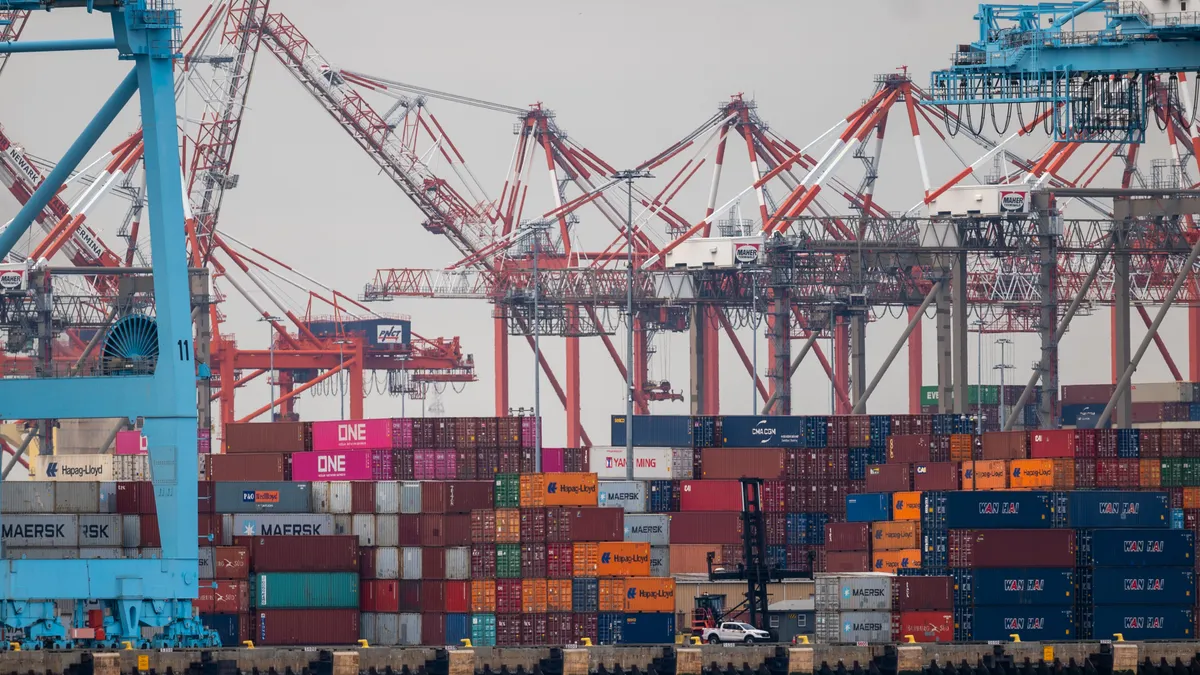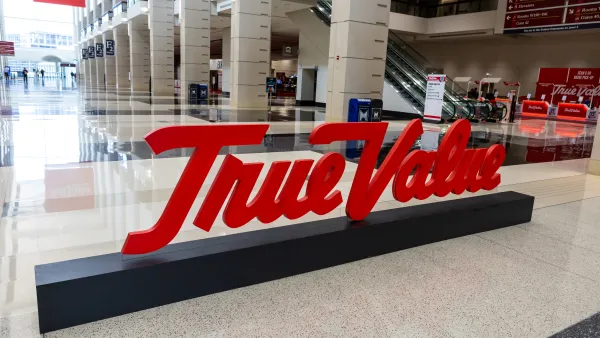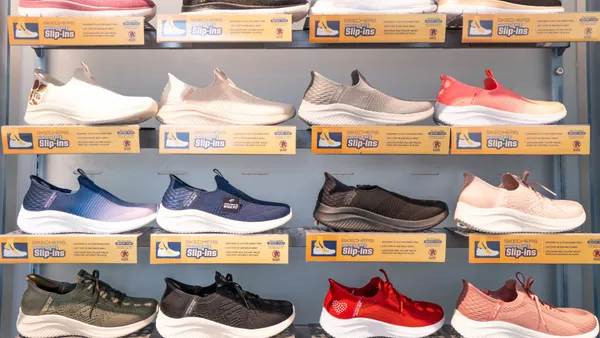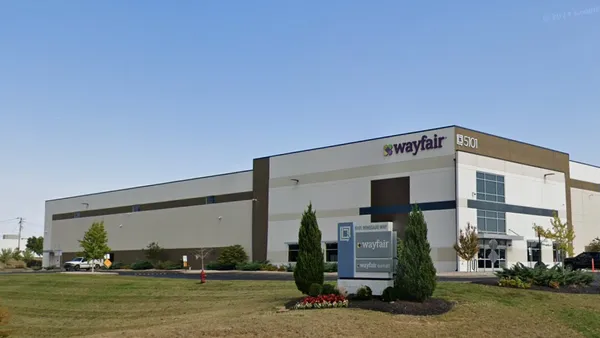Dive Brief:
- Unilever is building a system for suppliers to declare the carbon footprint of their goods and services to ensure they meet company standards, according to a press release.
- The supplier accountability effort is part of a new push to advance the Unilever's supply chain sustainability, which includes the goal of reaching net-zero emissions from products by 2039 and ridding its supply chain of deforestation by 2023. In order to meet these goals, it will prioritize suppliers with science-based emissions reduction targets of their own, the company said.
- "Our collective responsibility in tackling the climate crisis is to drive an absolute reduction of greenhouse gas emissions, not simply focus on offsetting — and we have the scale and determination to make it happen," Unilever Chief Supply Chain Officer Marc Engel said in a statement.
Dive Insight:
Unilever has been a leader among global CPG firms for years when it comes to sustainability, setting its first science-based emission reduction targets in 2010.
The company's current science-based targets, in line with keeping global temperature rise within 1.5 degrees Celsius (from pre-industrial levels), dictate that the company reduce emissions from its own operations to net-zero by 2030 from a 2015 baseline and reduce emission from its products, taking into account their entire life cycle, by 50% by 2030 from a 2010 baseline.
However, global supply chains, with thousands of players and many tiers, cannot decarbonize alone.
Monday's announcement highlights a thorny part of this effort — how to bring suppliers and other stakeholders along for the ride. Few companies take responsibility for the emissions created by the supply chains of their products (often referred to as scope three emissions) and the environmental impact after those products reach their end-consumer. In addition to Unilever, Target and Walmart are two other members of this small club of companies looking to reduce supplier emissions.
In order to help suppliers meet its standards, Unilever is building emissions reporting requirements into its invoicing system, including a data standardization effort, which is key to comparing suppliers' impact and tracking progress.
"We will create partnerships with other businesses and organizations to standardize data collection, sharing and communication," the company said in the release.
In addition to emissions reductions, Unilever is requiring agricultural product suppliers to commit to a "Regenerative Agriculture Code" aimed at restoring soil health, biodiversity and water resources in stronger terms than its previous "Sustainable Agriculture Code."
Unilever will invest 1 billion euros ($1.12 billion) in a "Climate and Nature Fund" to be deployed over the next 10 years across landscape restoration, reforestation, carbon sequestration, wildlife protection and water preservation efforts.
"While the world is dealing with the devastating effects of the Covid-19 pandemic, and grappling with serious issues of inequality, we can’t let ourselves forget that the climate crisis is still a threat to all of us," CEO Alan Jope said in a statement.



